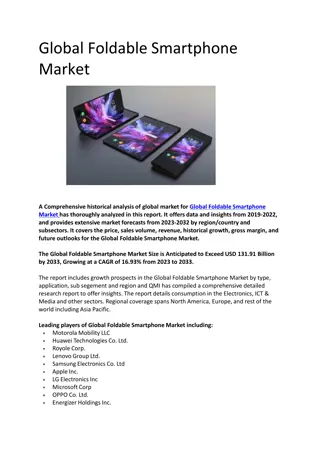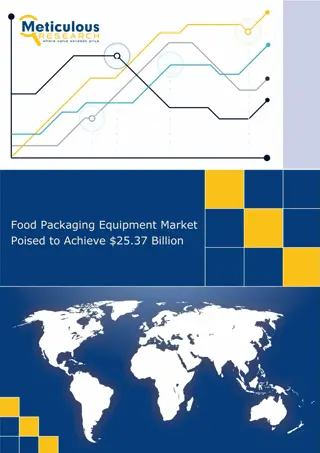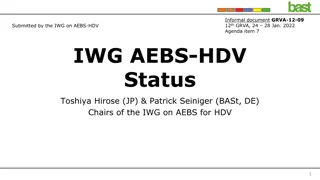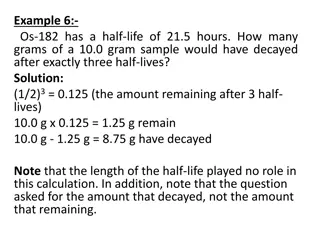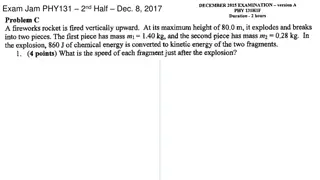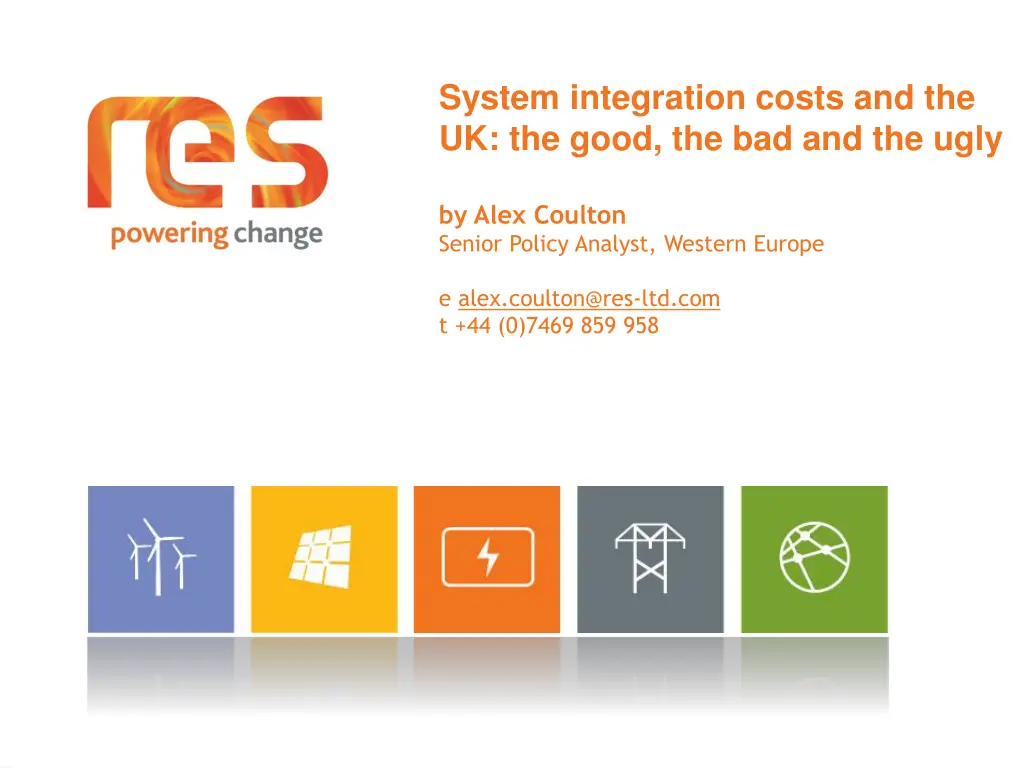
System Integration Costs in the UK Energy Sector
Explore the challenges and opportunities in the UK energy sector regarding system integration costs and the pursuit of a secure, decarbonized power sector. Key points include redefining the traditional energy trilemma, addressing market design for affordability, and government initiatives to advance the policy debate. Sponsored by industry leaders, the research aims to provide evidence-based insights and policy recommendations for the future.
Download Presentation

Please find below an Image/Link to download the presentation.
The content on the website is provided AS IS for your information and personal use only. It may not be sold, licensed, or shared on other websites without obtaining consent from the author. If you encounter any issues during the download, it is possible that the publisher has removed the file from their server.
You are allowed to download the files provided on this website for personal or commercial use, subject to the condition that they are used lawfully. All files are the property of their respective owners.
The content on the website is provided AS IS for your information and personal use only. It may not be sold, licensed, or shared on other websites without obtaining consent from the author.
E N D
Presentation Transcript
System integration costs and the UK: the good, the bad and the ugly by Alex Coulton Senior Policy Analyst, Western Europe e alex.coulton@res-ltd.com t +44 (0)7469 859 958
Challenge our traditional view of the trilemma Price Volume Wholesale price Network costs Levies VAT Energy Efficiency Demand Side Response Cost Secure decarbonised power sector at least cost Goals (policy imperatives) Attractors (market dynamics) Environ mental & social Security Energy security (access to resource) Security of supply (balancing) System Adequacy (capacity) System Stability (operation) Decarbonisation Regulation Health
Delivering affordability is about market design Traditional market Technology options Capacity, Dispatch & Balancing - Wholesale & balancing market System stability - Ancillary market Electricity Market arrangements Decarbonisation add ons - RO / FiT but not a market A securedecarbonised power sector at least cost Post-EMR market Dispatch & Balancing - Wholesale & balancing market NECESSARY wholesale market cannot deliver capacity of any kind, let alone the right type of new-build AND DESIRABLE efficiently allocated CfDs are a lower cost investment vehicle & provide deployment control Decarbonisation - CfD (& LCF) Capacity - Capacity Market Ancillary market - System stability
Government puts SIC on the agenda Is competition in the CfD on a level playing field? What should be done to address this? Source: Nuclear power in the UK, National Audit Office, 2016
Imperial college report Sponsors: Innogy Statoil Scottish Power RES group Imperial team: Prof Goran Strbac Dr Marko Aunedi Aim: Develop evidence base that will help advance the policy debate Key outputs: Identification of the Total Cost of the System Further develop understanding of System Integration Costs Provide policy recommendations on how to take this forward
The Good: Total System Costs in 2030 wind is competitive - 100gr CO2/KWh - 3hr LOLE Wind: 40-42GW Nukes: 16.4GW Onshore: 8GW
The Bad: System Integration costs and going beyond 100gr CO2/KWh Sensitivity Elements that contribute to the System Integration Costs of Variable RES Network reinforcements (already accounted for in the cost of generation) Balancing the system Backup capacity Cost of maintaining system carbon emissions
Further market reform is needed There is a need for further market reform Network charging arrangements Ancillary services Back-up generation? Deliver a secure and decarbonised power sector at least cost: In the UK, SIC does not undermine the least cost nature of mature RES Accelerating flexibility is a no-regret option E3G front-end report will lay out policy recommendations in more detail: Sponsors: Innogy, RES group and Scottish Power Launch date: Late October



